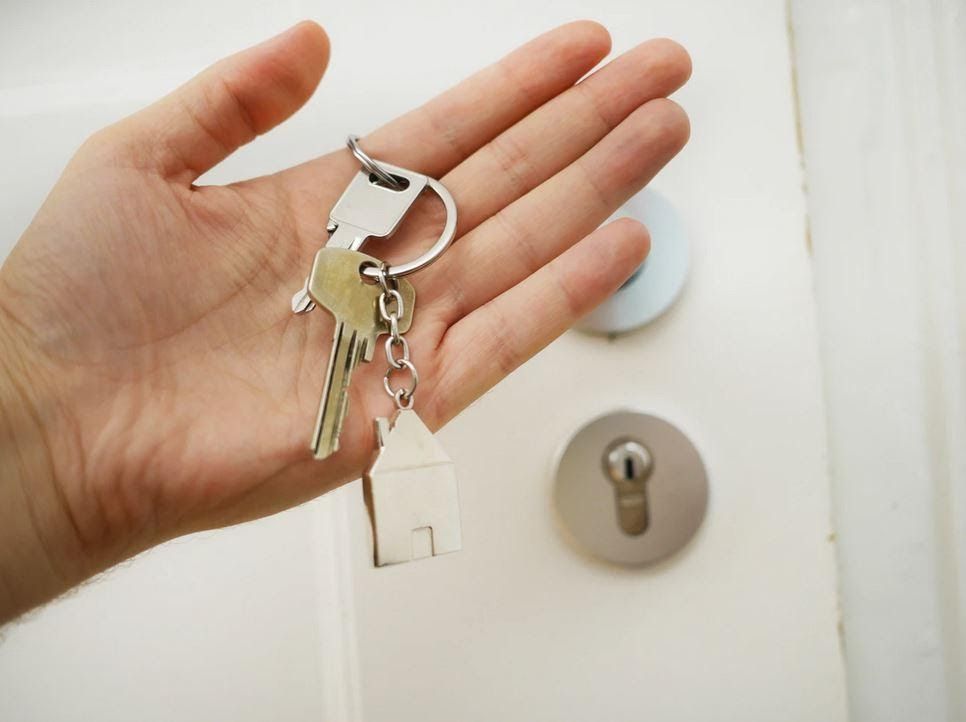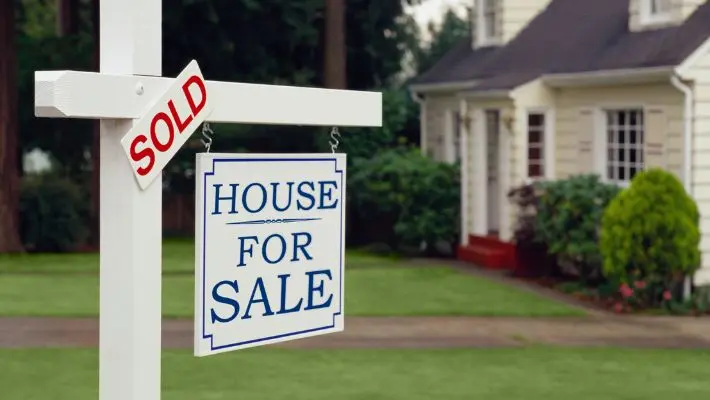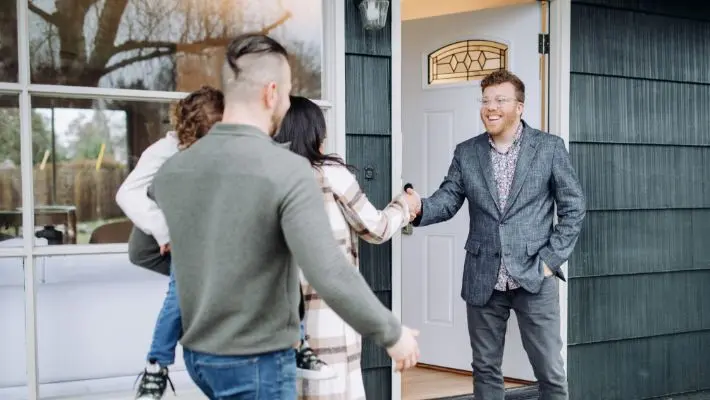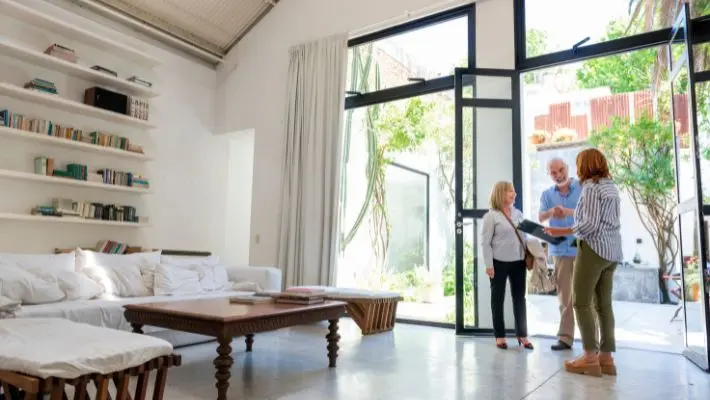
5 Steps to Buying Your First Home
Buying your first home means you’ll be navigating new territory. If you’re about to embark on your first experience with the housing market, you’ll want to prepare for the process.
Well-informed buyers are able to strategize, plan, and ultimately maximize their home purchase.
This is important for all buyers, but it is pivotal for first-time buyers. First-time buyers that know what to expect are less likely to make mistakes or face sudden setbacks. Instead, they will feel confident in their position as a buyer and make strategic decisions.
5 Steps for Buying Your First Home
In 2020, 31% of all homebuyers were purchasing their first homes. Moving forward, first-time homebuyers are projected to continue making up a substantial portion of buyers in the market.
If you are one of these buyers that will be buying your first home, set yourself up for success with these five specialized tips.
#1. Outline Your Needs
Buying your first home is a major investment. When you’re preparing for this moment, aspiring buyers need to take a look at their situation. Outlining your home buying needs will help you get clear about what you want to get out of this deal.
Consider location, timelines, investment potential, type of home, and purchasing price to begin thinking about homeownership in the long term.
#2. Prepare Your Finances
Buyers who will be taking out a mortgage to cover the costs of buying your first home need to prepare their finances.
Mortgage lenders will be investigating your financial history when they are underwriting your loan. Your financial outlook establishes your strength as a borrower. This borrowing status will influence the loan packages that you are offered by lenders, as well as your negotiation leverage.

Prepare to make a good first impression by spending some time cleaning up your finances. Check your credit score, pay off any high balance credit cards, make a payment towards an outstanding loan, and begin organizing your application documents to get started.
#3. Research Your Local Market
Due diligence will help first-time homebuyers know what to expect when they begin shopping for their new homes. Spend some time researching the local market, paying special attention to items such as:
- Home price change since the same time last year
- The supply versus demand
- The average time it takes to sell a home
- The number of newly listed homes compared to last year
- The number of homes that have seen a price reduction
- The number of months of home inventory are on the market at the current sales rate
- The rate that homes are reducing prices this month compared to the previous month
Get this information by referencing site-specific market reports from a reputable source.
#4. Learn About the Hidden Costs of Buying a Home
Buying your first home means paying for more than just the listing’s price tag. First-time homebuyers need to be prepared to cover the less-obvious costs associated with purchasing a home.
Make sure that there is room in your budget for these home buying expenses:
- Moving expenses
- Closing costs
- Real estate agent commission
- Insurance policies
- Inspections
- Maintenance and upkeep
- New utility requirements
- Furnishing and customizing your new home
#5. Find The Best Agent
All buyers in 2020, both first-time and experienced homeowners, relied on a real estate agent as their top resource for helping them buy or sell properties.
According to the National Association of REALTORS® 2020 Home Buyers and Sellers Generational Trends Report, this is what buyers wanted most from their agents —
- 52% of buyers needed help with finding the right home
- 12% of buyers needed help negotiating the terms of sale
- 11% of buyers needed help with price negotiations
- 8% of buyers needed help with paperwork
- 6% of buyers needed help determining what comparable homes were selling for
- 4% of buyers needed help determining how much they could afford to spend on their new home
- 3% of buyers needed help arranging their purchase’s financing
- 1% of agents needed help learning about their new neighborhood
For first-time homebuyers, a real estate agent acts as a vital source of information, expertise, and experience. An agent will help you with all of these items and more.
Hiring the right professional for you is an important aspect of buying your first home. Your agent will be your guide, helping you move from one step of the transaction to the next.
The first step towards buying your first home should be finding your best agent. If you’re ready to get connected with a top real estate agent, click here.






